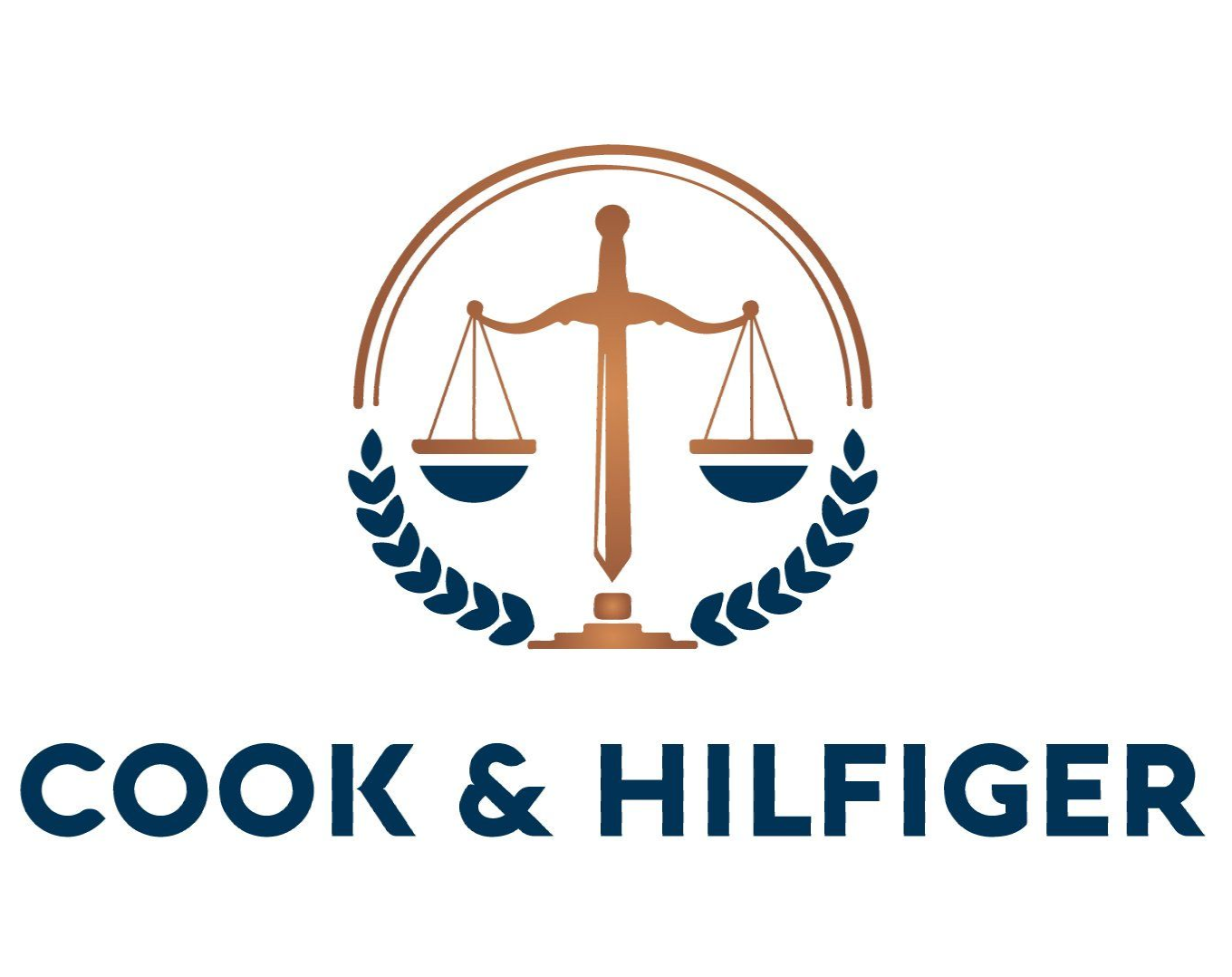Criminal Law Probationary Sentences
Criminal Law Probationary Sentencing
A typical, and one of the preferred outcomes for a criminal case is referred to as a deferred sentence. This is where the court in essence offers the defendant an opportunity to complete probation under certain conditions. If the defendant can do so successfully, then after the specified time period, if all of the conditions are met, the court will dismiss the charged offense. The conditions are negotiated between the defense attorney the district attorney. They can be, but are not limited to, requirements such as fines, an alcohol and drug assessment, restitution, monthly check-ins, drug testing, parenting or AA/NA classes, among others.
Additionally, the defendant can receive a suspended sentence. Like a deferred sentence, suspended sentences result in a defendant being on probation for a specified time period with certain conditions to complete. However, the difference is that in a suspended sentence, from the moment they are sentenced, they are guilty of the offense and have a conviction on their record. Similar to a deferred sentence, a defendant that accepts a suspended sentence must comply with certain conditions during the probationary period. Once the probationary time period passes, and depending on the charge, a defendant can look to have the charges expunged and taken off their record, but they will not be dismissed. Otherwise, they are still convicted on the charged offense.
A defendant can also be sentenced to more intense forms of probation instead of prison time. These forms of probation include Drug Court, Mental Health Court, and Community Sentencing. Drug Court focuses on a defendant’s drug or alcohol addiction. It requires certain treatment options that would be tailored differently for each person. Its ultimate goal is to get the person sober and give them the tools necessary to remain sober when the probation period ends. Mental Health Court is similar to Drug Court in that it focuses on beating drug addiction. However, it also focuses on individuals that have mental health concerns. A person involved with Mental Health Court will attend weekly group and individual therapy sessions. They will learn coping skills that teach them the importance of consistent management on their own mental health. Community Sentencing focuses on the individual and has available many different treatment options. These options allow for the coordinator to tailor conditions of probation specific to each individual.
Having legal representation from the beginning is essential to receiving the best possible outcome when charged with a crime, regardless of whether it is a misdemeanor or a felony. If you or anyone you know needs more information, please call or email Parker Wilkerson at Cook & Hilfiger to schedule a free consultation.
Parker Wilkerson, Attorney at Law
(918) 218-2817
parker@cookhilfiger.com










Share On: